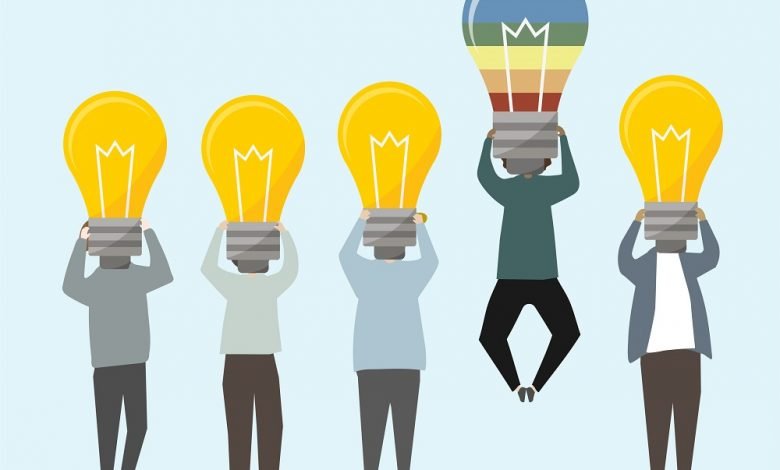
Making Your Business Post-Pandemic Ready? 3 Lessons to Keep in Mind
It’s no secret that 2020 changed a lot.
Through the political, psychological, and social upheaval, consumer behavior, too, changed drastically.
Needs, preferences, expectations have transformed. A new sensibility of consumption has been shaped in businesses.
So, what does it look like?
Lesson 1: Explore new opportunities in your business
Economic disruption and uncertainty forced people to only consume what’s essential. According to a study by Accenture, 64% of the respondents were worried about job security, while 38% were wary of the global economic impact.
Their solution?
Prioritize value over worth. Save money.
The newfound sensibility was also shaped by convenience and availability, given the sudden imposition of nationwide lockdowns.
Although, consumers are soon expected to take their spending up a notch as the market gradually recovers. Especially because, as spending went down, savings went up. A large demographic has a pent-up urge to travel and shop. Until then, business can capitalize on the new sensibility.
Further, besides essentials, the consumption of entertainment, games, news, social media, music, and sales of art and books surged, as people in lockdowns looked for ways to entertain themselves.
Sales related to cooking and fitness climbed.
It is hard to say whether the new habits will be cemented. Like new year resolutions, motivation could soon fizzle. Until then, however, brands have an opportunity to explore new markets and expand their business, and thereby reduce risk.
Lesson 2: Go online already
Thanks to the lockdown, businesses that offered their services online fared indisputably better than those that didn’t.
Accenture found that 64% of people were fearful for their health. The findings were corroborated by another study, which reported that 49% avoided leaving their homes, while 57% decided to socially distance themselves even from their closest friends and relatives. People were working from home.
There simply was no reason to go out.
And why would there be? Shopping online is far more convenient and safer, whether it’s lunch, electronics, or essentials.
But, in 2021, online markets would have thrived in any case. Nothing could have been more obvious. This is the time of customer-first. They shouldn’t have to find the product, but the product rather should find them.
And since most customers seem to be online, it is also time to work on your social media skills. Social media is by far the number one avenue to reach and communicate with your customers. It deeply affects their perception of your brand, their opinion of your values, your reputation, your identity. Leverage it.
In fact, today, consumers would be rather distrustful of businesses that do not have an online presence.
And what’s more important than trust?
Lesson 3: Focus on the customer
This is the time of customer-first.
According to KPMG, nearly 50% of customers are willing to pay more for a better customer experience.
And what constitutes a better experience? Personalization.
The same study found that more than 75% of customers expect their favorite brands to anticipate their needs and expectations. They want their products and experiences to be personalized for their unique tastes, as do Netflix, Google, and Facebook.
To personalize, however, businesses need to invest in powerful data analytics solutions like customer analytics.
Customer analytics is the practice of collecting customer data to better understand customer behavior.
Implementing data analytics solutions is another strong reason to take your business online. As your customers engage with your products online, they generate data, the analysis of which produces insights into their spending patterns. The patterns of their past purchases allow you to predict their future purchases.
In other words, insights enable you to offer them products and experiences that they are more likely to consume. That’s personalization!
And the more they engage and consume, the more data they generate, making the insights increasingly accurate.
This, too, in 2021, should be obvious.
As Google’s Neil Hoyne pointed out, “the companies that are going to win are the ones who are using data, not guessing.”



